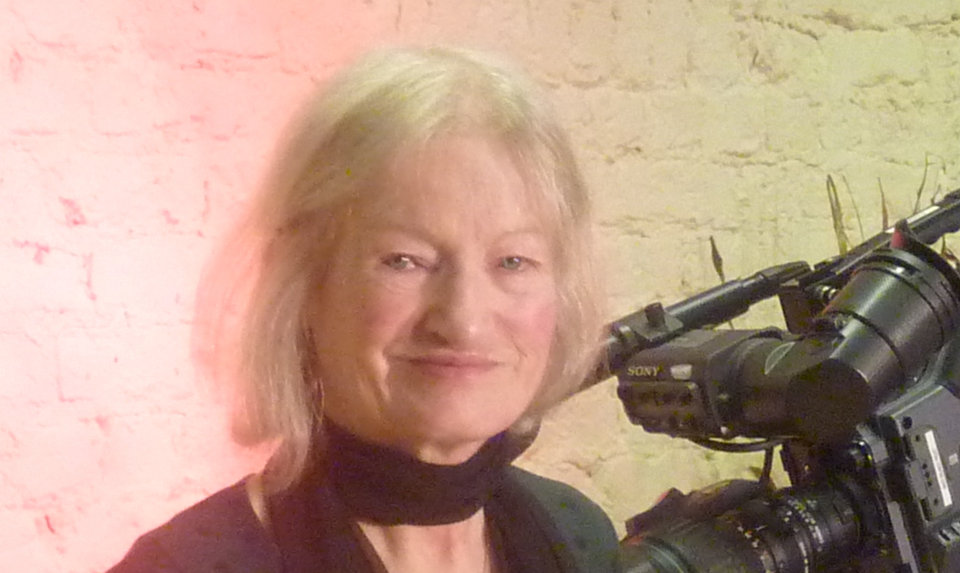Tura grew up in Chitungwiza in Zimbabwe during the pre-war period. He recalls it as being a “very colourful beautiful country. Very warm, very hot, it also reflects the nature of the people as well. They wear their hearts on their sleeves. It was a very rich upbringing full of music, dance, tradition and culture.”
Tura enjoyed but through his education, he often engaged with European identities, grasping new cultures, “At school we experienced the Anglo Saxon lifestyle.”
The war in Zimbabwe began in 1965 and Tura only became aware of his political surroundings in 1979. “It was to get Zimbabwe independent from the colonial masters so to speak and to move on to majority rule. The black people of Zimbabwe didn’t have a vote until 1980. As a child, I’ve memories of what it was like being in an Apartheid country and having nothing. Living in a mud hut and getting to experience what it is not to have shoes, not to have running water, not to have electricity, not to have all the trappings of life that others had.”
Tura became aware of Ireland when two Irish documentary filmmakers visiting Zimbabwe gave him a book. “When I was 8 years old I read a book called ‘Ireland for Beginners.’ It was a little comic book and this little comic book gave a synopsis of the history of Ireland.”
Tura moved to Cape Town but the political situation was deteriorating. He had an aunt in Belfast and decided to escape the South African troubles in the summer of 1993. Belfast was beginning its own rebuilding process after years of conflict and violence.
“During the peace process, I think the fact that I was coming from a colonial background, I had my own colonial baggage to come to terms with as well as to adjust and integrate into a new culture, a new way of thinking, a new language. I think it was a two-sided thing, more so the Irish gave to me more than I gave really.”
Tura was 19. He felt that his experiences in Belfast helped shape him into the man that he is today, “I was a young man, I was just about discovering myself. This country gave me a career, a platform to explore my identity and experience my identity.”
In the beginning, Tura was devastated to find out that the majority of people in Northern Ireland spoke English. He had taken it upon himself to learn Irish. “As my grandmother always told me, when you speak a language you go to who the people are. You find out their poetry, their names for their plants, the terrain, the names of the place. It brings you closer to them and is also brings you closer to their myths and legends and to their sub-atomic consciousness and that’s what learning Irish was and is for me.”
For Tura the situation in Belfast was nothing new. War was always a factor in his life. “I was absolutely exhilarated because you could feel that change was on its way. To be a part of that and to experience that, was amazing.”
During his time in Belfast, Tura feels he has seen many changes in attitudes. He notices the positive effect of the influx of African, European and American migrants and cultures into Northern Ireland. “African people integrating has rewarded them immensely in all aspects of life. I think it’s a testament to the nature of Irish people that they will help you as long as you’re willing to help yourself and as long as you’re willing to contribute and be part of the community.”
During his whole life, Tura has been involved in the arts – music, art and dance. He started his own community company Artfrique. On community development, Tura draws upon a line that his father told him as a child. “My dad always says to me that nobody can liberate anybody, you can only liberate yourself.”
“Through time, through experience, through growth, through exposure, through travel and through the people we meet. People will transform.”
Tura believes that in today’s society we are beginning to question what defines us as both individuals and as a community, “a cultural awakening is happening in Ireland where those things that we have held dear for the last 100 to 200 years are being questioned. The nature of our people is beyond measure and beyond those three things; religion, money and politics.”
As to his involvement in community work and art, Tura finds one key rewarding element, “I love people, I love being with people and I love learning from people and sharing with people. I find when I’m in a cultural space where I can be amongst people who share, experience and express their culture, I’m in my element.”




